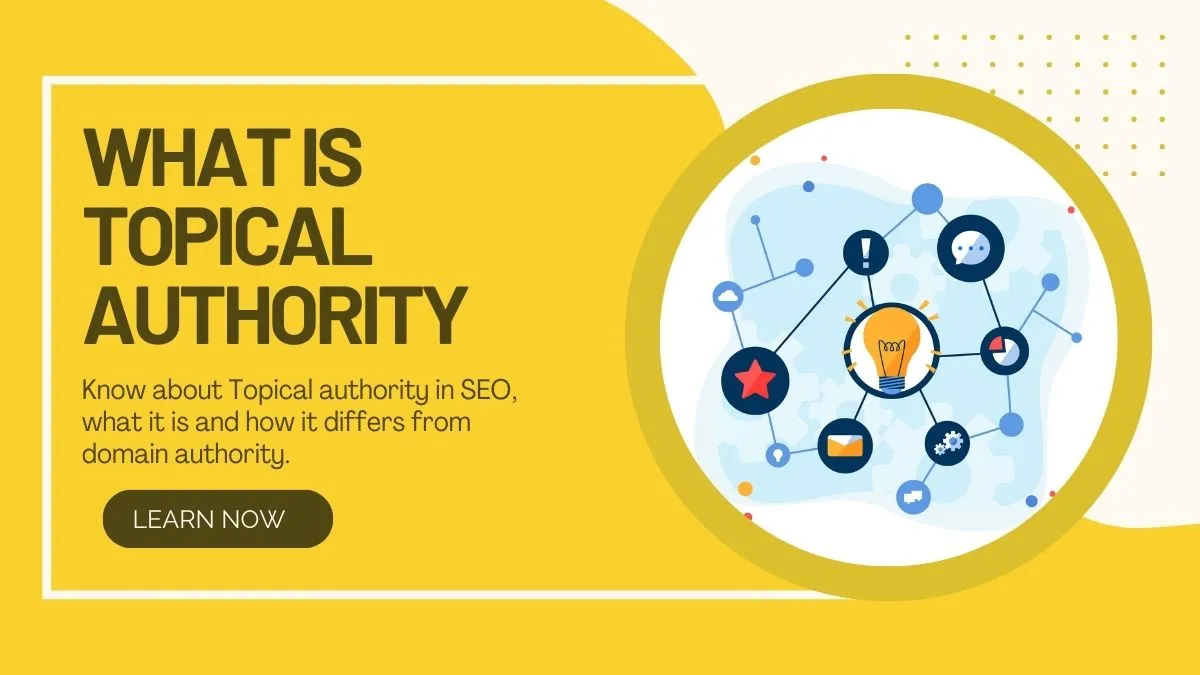
A Guide to Ethical Marketing Practices
These days, life’s digital – from ordering dinner to booking a spot at your favorite restaurant, it’s all just a tap away. Who even has time to visit places in person? Online is the new reality, and when it comes to trusting brands or buying products, most of us turn to reviews for guidance. But here’s the dilemma: in a world where anything can be spun or sugar-coated, how do you know what to trust?
Some brands, thankfully, keep it real. They offer exactly what they promise—no tricks, no exaggerations. This is what ethical marketing is all about: staying true to what they show, being transparent, respecting customer privacy, and dodging those manipulative tactics. Ethical issues of digital marketing may be a challenge, but brands committed to honesty are the ones setting the bar high in today’s online marketplace.
The Fine Line Between “Smart” Marketing and Manipulation
Digital marketing can be a slippery slope. While it might be tempting for brands to amp up their content, stretch the truth a little, or track every move of a potential customer, there’s a difference between smart marketing and crossing ethical lines. One of the biggest ethical issues of digital marketing comes down to honesty – being upfront about what a product or service can actually deliver. In a landscape where a catchy tagline or an expertly edited image can draw people in, ethical digital marketing practices mean promising only what can be delivered. A brand’s trustworthiness? It should be built on facts, not fiction.
Respecting Privacy: The True Measure of Customer Care
Let’s face it: we all know the internet knows a little too much about us. While data collection is a big part of today’s marketing, ethical brands respect privacy and don’t overstep the boundaries. They ask for permission, stay transparent about what’s being tracked, and never go into the murky territory of oversharing. The legal aspects of digital marketing play a part here, too, as strict laws are pushing brands to think carefully about their data-handling practices. The most ethical brands don’t just meet these legal standards – they actively respect their customers’ right to privacy, avoiding data practices that feel invasive.
Keeping Ads Transparent – No Tricks Up Their Sleeves
Ever clicked on an ad, only to find yourself on a completely irrelevant page? This kind of bait-and-switch tactic is one of the biggest ethical issues of digital marketing today. Ethical digital marketing practices involve clear and truthful messaging. This means ads and promotions lead to exactly what they say they will, and there’s no hidden agenda. It’s not just about staying on the right side of the legal aspects of digital marketing; it’s about respecting the customer’s time and trust. When brands use clear and honest messaging, they build a loyal customer base that knows what they’re getting every time.
Know this for better understanding: How to Create Compelling Visual Content for Social Media Ads
The Responsibility of Brands in a Digital World
In a digital-first world, customers are more informed than ever, and they care about the ethics of digital marketing just as much as the products themselves. Customers today want to know the companies they support are doing right by them and society at large. Brands with high ethical standards avoid practices like fake reviews, product misrepresentation, and misleading guarantees. Their ethics of digital marketing involve building long-term customer relationships, not short-term hype, by showing they truly value the people who buy from them.
Walking the Talk: Examples of Ethical Digital Marketing Practices
Nothing shows the ethics of digital marketing better than real-world examples. Let’s look at a few ways companies put ethical digital marketing practices into action:
Honest Reviews Only: Instead of cherry-picking positive reviews or paying for fake feedback, ethical brands encourage honest opinions. They don’t hide less-than-perfect reviews – they respond to them. It shows customers that the company values transparency and stands by its product.
User-Friendly Privacy Policies: Instead of hiding important details in a wall of text, ethical brands create easy-to-read privacy policies. They spell out exactly what data they collect and how it’s used, taking the mystery out of the legal aspects of digital marketing.
Respecting Competitors: Ethical brands don’t drag competitors down to make themselves look better. They focus on highlighting their strengths rather than exaggerating flaws in others’ products.
Why Ethical Digital Marketing Practices Matter for Brands and Customers Alike
For customers, ethical digital marketing practices mean they can trust what they see online. For brands, it builds loyalty, credibility, and a solid reputation that lasts longer than any flashy ad campaign. Trust is hard to earn and easy to lose, especially when everything in the digital world moves so fast. Ethical brands know that customers today are quick to call out unethical behavior, so they do everything they can to stay above board and earn respect and honesty.
Getting Expert Help: The Role of Digital Marketing Agencies in Staying Ethical
Sometimes, keeping up with all the ethical issues of digital marketing and legal aspects of digital marketing can be overwhelming. This is where professional guidance comes in handy. A skilled digital marketing agency can help brands create honest, effective campaigns that stay on the ethical path while achieving results. With deep expertise in ethical digital marketing practices, agencies ensure that every strategy aligns with best practices, helping brands avoid pitfalls like misleading content, intrusive data practices, and over-the-top claims.
Do you know: How To Optimize Your Google Ads Campaigns For Maximum Impact
At Marko & Brando, a noted digital marketing agency in Kolkata, we’re all about keeping it real. We believe that successful marketing doesn’t need shortcuts or exaggerations; it needs trust. Our approach is simple: honest strategies, clear messaging, and respecting every customer’s right to privacy. When brands come to us, we help them create campaigns that not only perform well but also uphold ethical digital marketing practices.
We make sure that every ad reflects exactly what the brand offers, so customers know they’re making a choice they can trust. From accurate product representations to transparent data practices, we guide brands through the ethical issues of digital marketing so they can build long-term, genuine connections with their audience.
A Final Thought on Ethics in the Digital Age
When it comes to the ethical issues of digital marketing, it’s all about trust, transparency, and respect for the people who keep businesses going. As the digital world continues to grow, so does the need for brands to stay true to their word, follow ethical digital marketing practices, and never forget the customers behind every click.
FAQs:
What are the 4Ps of ethics in marketing?
The four Ps are product, price, place, and promotion. The concept of the four Ps has been around since the 1950s. As the marketing industry has evolved, other Ps have been identified: people, process, and physical evidence.
What is ethical practice in market research?
Ethical guidelines serve as the moral compass for market researchers. They provide a framework for conducting research that is fair, respectful, and accountable. Adhering to ethical standards ensures that the information gathered is obtained through legitimate means and respects the rights and privacy of respondents.
Why is it important to consider the legal aspects of digital marketing?
Understanding the legal aspects of digital marketing is essential for compliance with laws like GDPR, which protects consumer data privacy. These laws set standards that brands must follow to avoid legal issues and maintain trust with customers by respecting their rights.

Article by
Marko & Brando
For businesses looking for impactful digital marketing services, Marko & Brando is the name to trust. Our data-driven strategies ensure maximum ROI, helping your brand reach new heights. Experience the power of digital transformation with our expertise.






